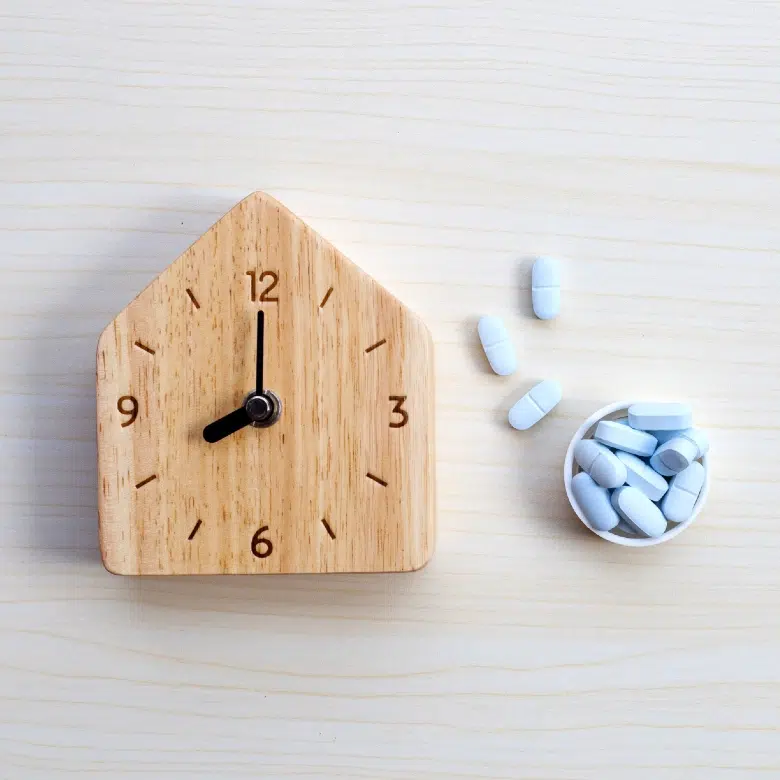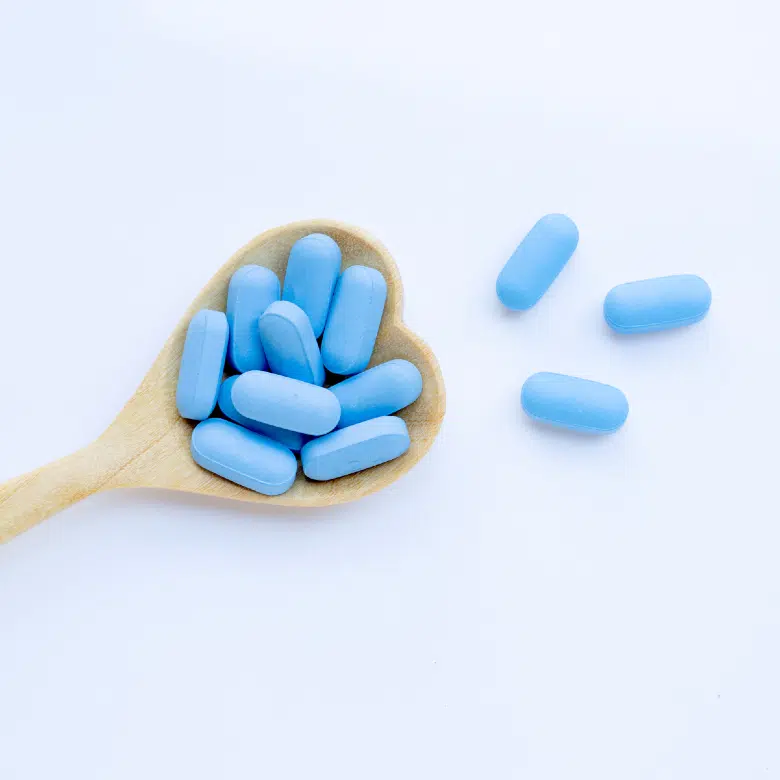What is PEP?
PEP (Post-Exposure Prophylaxis) is an emergency treatment to prevent HIV infection after potential exposure, involving a 28-day course of antiretroviral medications.
When should I consider PEP?
You should consider Post-Exposure Prophylaxis (PEP) if you have had a recent potential exposure to HIV. This includes situations such as unprotected sex with someone who is HIV-positive or whose status is unknown, sharing needles or injection equipment, or experiencing a needlestick injury in a healthcare setting. PEP is also recommended after sexual assault if the perpetrator’s HIV status is unknown. It’s important to start PEP as soon as possible, ideally within 72 hours of exposure, for it to be effective.
What are the side effects of taking PEP?
The side effects of taking Post-Exposure Prophylaxis (PEP) can include:
- Nausea: Feeling sick to your stomach is a common side effect.
- Fatigue: You may feel unusually tired or weak.
- Headaches: Mild to moderate headaches can occur.
- Stomach Discomfort: Some people experience upset stomach or diarrhea.
These side effects are typically mild and temporary, often improving after the first week or two. However, it’s important to stay in touch with your healthcare provider to manage any side effects and ensure the treatment is working effectively.
How long after exposure is PEP still effective?
PEP is most effective when started as soon as possible after potential exposure to HIV. It should be initiated within 72 hours (3 days) of exposure. The effectiveness of PEP decreases significantly after this window, and it may not work if started later. To maximize the chances of preventing HIV infection, it’s critical to begin PEP as early as possible within the 72-hour timeframe.
Does PEP protect me from other STIs as well?
No, PEP (Post-Exposure Prophylaxis) does not protect against other sexually transmitted infections (STIs). PEP is specifically designed to prevent HIV infection after potential exposure. To protect yourself from other STIs, it’s important to use additional preventive measures such as condoms and to undergo regular STI screenings.
Can I use PEP instead of regular HIV prevention methods like PrEP?
No, PEP is for emergency situations after potential exposure, while PrEP (Pre-Exposure Prophylaxis) is for ongoing prevention. If you are frequently at risk, consider discussing PrEP with your healthcare provider.
How do I know if PEP is working?
You won’t feel PEP working directly, but its effectiveness is determined through follow-up HIV testing. After completing the 28-day course, you should get tested for HIV at the end of the treatment and again a few weeks later. If the tests confirm you are HIV-negative, it indicates PEP has worked. Additionally, it’s important to undergo STI screenings during your follow-up visits to ensure overall sexual health. Adhering to the medication schedule and attending all follow-up appointments are crucial for the best outcome.


